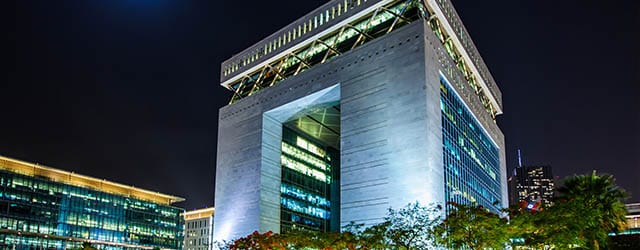TVM Capital Healthcare Partners in late March became the first company to register a private equity fund under simplified rules implemented by the Dubai International Financial Center (DIFC).

The new setup—which fast-tracks the launch of PE funds targeting professional investors—is intended to attract asset managers to Dubai.
“We believe that this new type of fund regime will attract many private equity and venture capital firms to raise funds domiciled in the DIFC,” says Helmut Schühsler, chairman and CEO of TVM Capital Healthcare Partners.
The company, which invests in healthcare primarily in the Middle East and North Africa, was formed in 2009 and launched its first PE fund about a year later. The new Dubai-registered fund—the company’s second—is open only to investors who put in a minimum subscription of $500,000 through a private placement.
The DIFC operates as an independent jurisdiction within the United Arab Emirates, with its own court system based mainly on English common law. Arif Amiri, deputy CEO of the center, says: “Private equity and venture capital firms are set to play a critical role in the continuing growth of Dubai’s economy and strengthen the DIFC’s credibility as a domicile for alternative investment funds.”
The launch of the TVM Capital Healthcare Partners’ investment vehicle comes at a time when private equity firms are not only raising funds in the region but are investing in it. In April, TPG Capital and Abraaj Group, a Dubai-based buyout firm, completed an investment in Kudu, Saudi Arabia’s largest fast-food chain. The shariah-compliant debt investment was the first in the region for TPG.
Also in April, private equity firm Warburg Pincus, which has more than $37 billion in assets under management, made its initial investment in the Middle East. The firm agreed to acquire a controlling stake in Mercator, a Dubai-based aviation software company.



